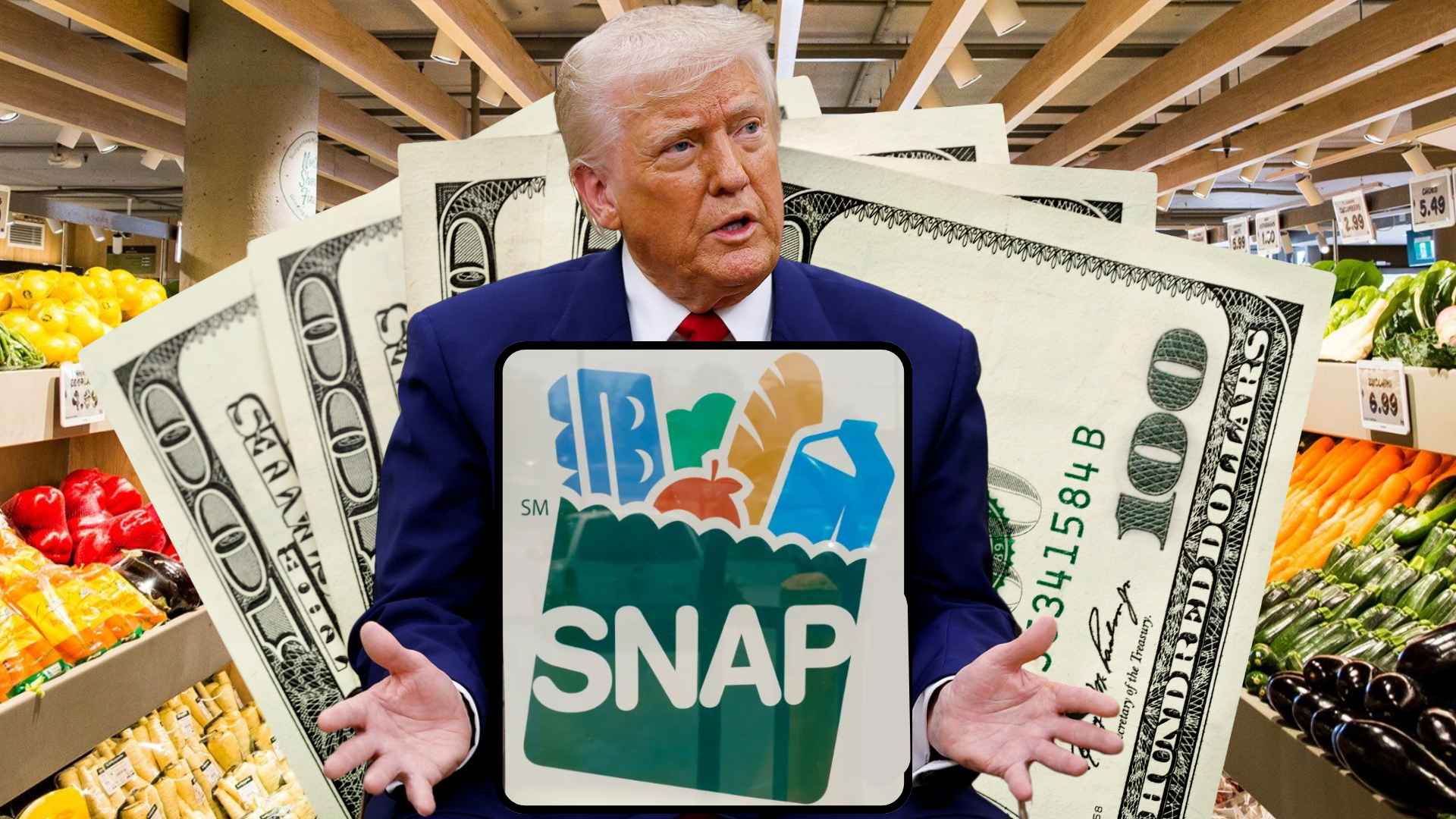President Donald Trump is proposing a dramatic change to federal assistance for older adults, aiming to replace existing programs with a fresh-food initiative for low-income seniors. This move could affect the delivery of food aid in all 50 states.
The White House is pushing for a new approach that would eliminate the Supplemental Basic Food Program (CSFP). In its place, Trump’s budget proposal for 2026 envisions a stimulus check distributed in the form of “Make America Healthy Again” (MAHA) food boxes. This shift could impact more than 730,000 seniors who currently rely on monthly deliveries of non-perishable products such as pasta and rice.
Why the proposed elimination of the Supplemental Basic Food Program concerns many seniors
Created in 1969, the CSFP has been critical in delivering up to 32 pounds of staple foods each month. It operates nationwide, as well as in the District of Columbia and Puerto Rico, using an annual investment of $389 million. Many beneficiaries worry that ending the CSFP will leave them without a stable source of non-perishable items.
You might be wondering if there’s any backup plan, right? Trump’s team insists that the new MAHA boxes will compensate by offering fresh, domestically sourced products, but critics note the logistics remain uncertain.
How Trump’s MAHA food boxes could change food assistance for older Americans
Under the proposal, seniors would receive direct home deliveries of fresh foods, bypassing traditional food banks. The idea is to promote healthier diets and support local farmers. However, the debate centers on whether seniors can easily handle fresh produce, especially if they have limited storage or cooking facilities. Take a look at the basic details:
| Key Feature | MAHA Food Boxes | CSFP (Current) |
|---|---|---|
| Food Type | Fresh, healthier products | Non-perishable staples |
| Delivery Method | Direct to beneficiaries’ homes | Distribution via local agencies |
| Coverage | Nationwide if approved | All 50 states plus DC and PR |
Some older adults worry that fresh-food boxes could spoil more quickly, while others appreciate the focus on better nutrition. Consequently, the conversation now revolves around feasibility, storage, and long-term funding.
What to expect if Congress debates this potential end to SNAP benefits
Experts warn that simultaneously cutting SNAP, commonly known as food stamps, could amplify the effects of eliminating the CSFP. While Trump’s plan highlights a “wish list” for the federal budget, Congress will have the final say on its approval or rejection. On the other hand, supporters believe MAHA boxes could streamline assistance and reduce waste. Have you asked yourself how this might affect neighbors or family members? Families and seniors alike will need to keep an eye on legislative updates to avoid losing critical support.
In short, the shift from CSFP to MAHA boxes raises questions about funding, nutritional value, and access for seniors across the country. Anyone currently enrolled in these food programs should stay informed about upcoming debates and potential changes in budget allocations. Ultimately, Congress’s decisions in the coming months will determine the final shape of this new food stimulus plan.

